8, February 2020
Maurice Kamto avoids meeting Ambazonians in Canada 0
Reports reaching Cameroon Concord News Group indicate that Prof. Maurice Kamto who is on a tour of Europe and North America, has avoided meeting Ambazonians in the city of Toronto in Canada.
The winner of the 2018 presidential election in Cameroon had said he would meet with separatists if he became the president of Cameroon.
But his actions in Toronto, Canada, have clearly indicated that he is simply paying lip service to the idea of meeting with Southern Cameroonians with a view to gaining a better understanding of their perspective.
Kamto, who was jailed for 8 months in Yaoundé for holding that he was the rightful winner of the 2018 poll, had made many public statements that it would be better to understand Ambazonians although in his view, secession was not an option.
His action in Toronto equates him to Paul Biya, the country’s contested president, who holds that he will never sit and talk with secessionists.
Because of this action in Toronto, Ambazonians have decided to withdraw their support of Kamto, a man they thought could be an ally in the peaceful resolution of the crisis that is tearing the country apart, a source in Toronto said.
“Kamto, like most Francophones, can never be trusted. He has proven in Toronto that we should never trust him,” an angry Ambazonian in Toronto said.
“We will be severing all our ties with his party and we urge all Southern Cameroonians to dissociate themselves from this man who seems to be selling illusions,” the Ambazonian who elected anonymity said.
Kamto, who is scheduled to go to the United States, will surely not be welcomed by Southern Cameroonians who now know that he cannot be trusted.
“We have already raised the issue with our fellow Ambazonian citizens in the United States and many have already declared him persona non grata. He cannot be trusted and we won’t encourage any of our leaders in the United States to meet with him,” the frustrated Ambazonian stressed.
Prof. Kamto, who is accompanied by several of his party officials, has stirred a hornet’s nest and he will surely be facing huge challenges in the United States where more than a million Ambazonians live.
“He has a choice. He can clean up the mess he has created. He should get in touch with Ambazonian leaders in the USA to schedule a meeting with them if he wants to remain a national figure,” he stressed.
“If he does not take corrective action, then he would have clearly demonstrated that his party is a regional party made up of Bamilekes,” he concluded.
Prof. Kamto should have understood that Toronto, Canada’s largest city, is home to thousands of Ambazonians and much of the money that is flowing to the two English-speaking regions of the country to fund the war comes from the Greater Toronto Area.
Many Ambazonians are based in Brampton, Mississauga, Ajax and Oakville and they are making significant financial efforts to ensure that Ambazonia becomes independent. They have been victims of marginalization and they hold that a divorce from Yaoundé will be the best option.
“Kamto and his people will have to talk with us. We are private sector operators and our money will keep on causing sleepless nights to whoever is at the Unity Palace in Yaoundé. We have the potential to sow chaos in Cameroon and avoiding us only makes it hard for whoever is running the country. Kamto must address this very fast before he goes down in our estimation,” an upset Ambazonian said.
By Joachim Arrey in Toronto


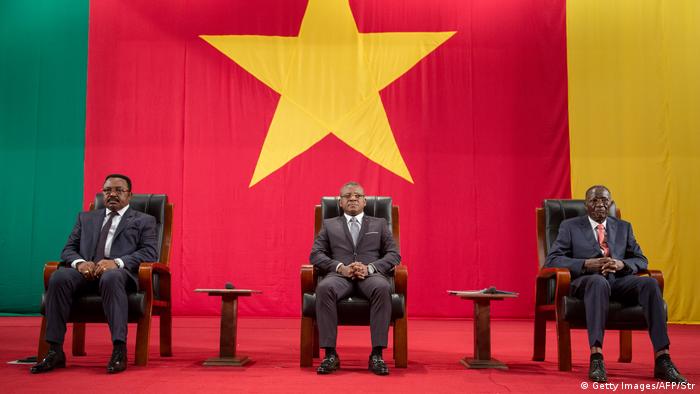
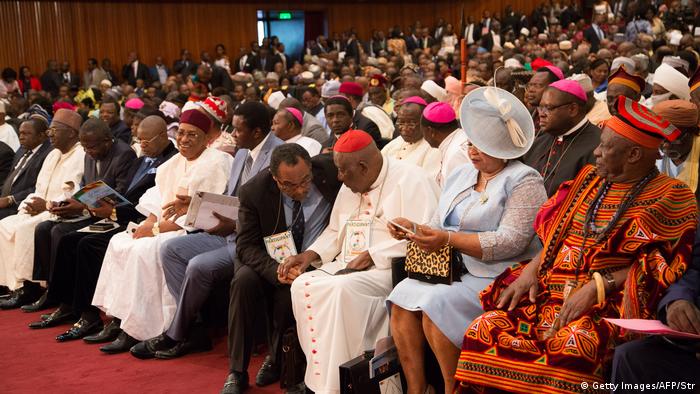
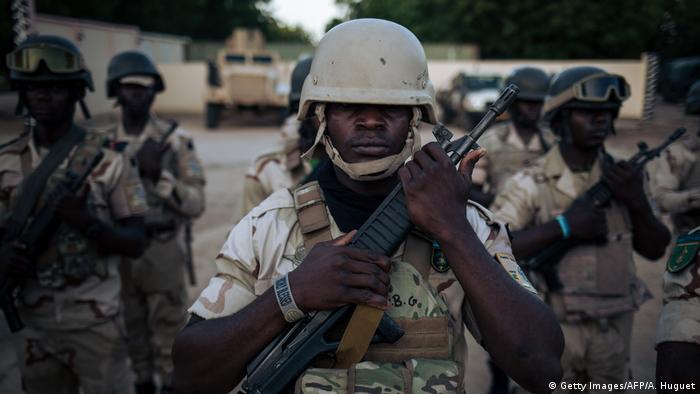

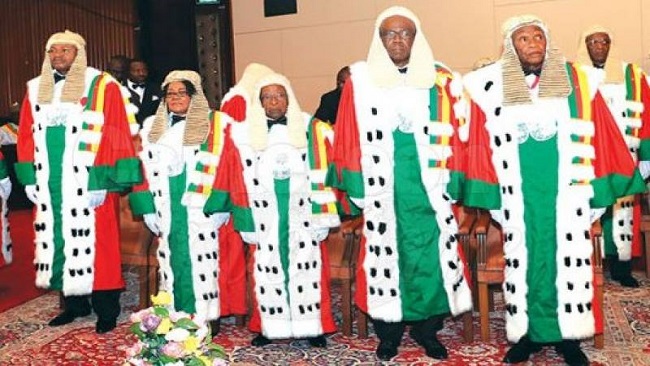
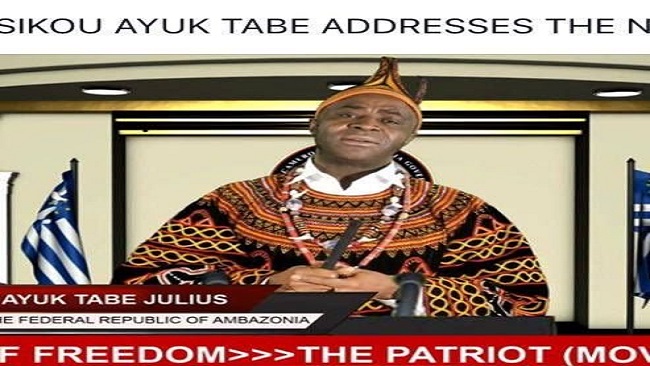

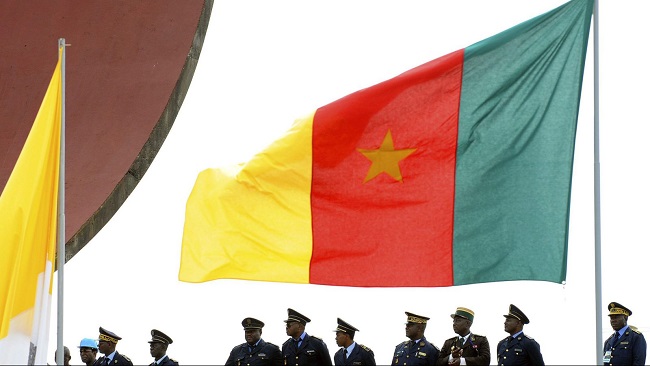
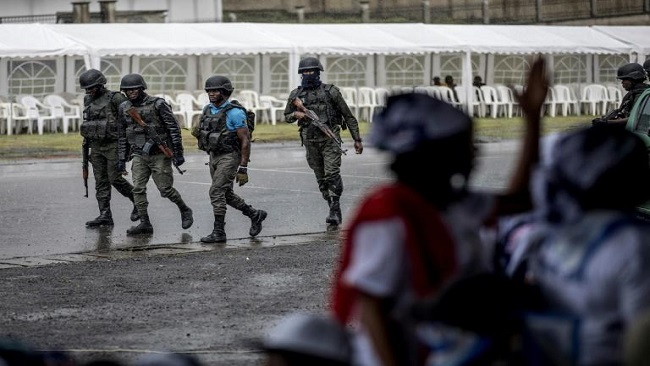
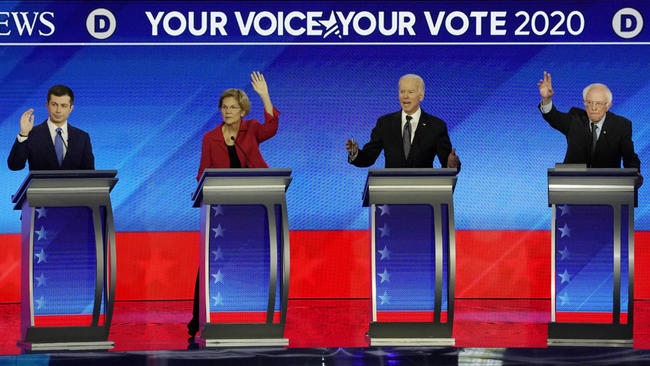

















9, February 2020
February Twin Poll: Party that has ruled since 1985 expected to firm grip on La Republique du Cameroun 0
Separatist militias have stepped up attacks and abductions in Cameroon’s two English-speaking regions ahead of parliamentary and council elections likely to hand a sweeping victory to the party that has ruled the central African nation since 1985.
Anglophone armed groups last month called for a lock-down of the Southwest and Northwest regions and militants have targeted electoral staff and abducted at least 40 candidates running for parliamentary and municipal posts in polls on Sunday. Opposition leader Maurice Kamto, who was jailed for eight months last year, has withdrawn his party from the vote, saying it won’t be credible.
As many as 3,000 civilians are estimated to have died and hundreds of thousands have been forced to flee their homes since the Anglophone revolt erupted late 2016 following a heavy-handed government crackdown on protests against the dominance of the French language in schools and courts. Cameroon is divided in 10 semi-autonomous regions and the English-speaking minority accounts for about a fifth of the population.
The ruling Cameroon People’s Democratic Movement already holds 148 out of 180 seats in the National Assembly and is running unchallenged in about 20% of all races, according to the International Crisis Group. Sunday’s vote will almost certainly strengthen the grip of President Paul Biya over state institutions, ICG Central Africa Director Richard Moncrieff said by phone from Nairobi.
Special Status
Africa’s second-longest serving head of state, Biya, who turns 87 next week, has been accused of allowing the crisis to spiral out of control by ignoring it in its early stages. Last year, he initiated a national dialogue that led to a bill granting the Anglophone regions special status, which means their assemblies are to be consulted by the central government over educational policy as well as the application of common law.
Yet most separatist leaders were either in prison or abroad when the dialogue started in September, fueling widespread skepticism about its purpose.
“For the special status given to the Anglophones to come into force, elections must take place,” said Fuh Calistus Gentry, a ruling-party member.
The decision to grant greater autonomy to the Anglophone regions won’t have much of an impact if the population is too scared to vote, said Kah Walla, head of the opposition Cameroon People’s Party.
“Those to be elected in parliament and in the councils will have very little powers in the Northwest and Southwest regions because they will have very little legitimacy,” Kalla said.
Oil-dependent Cameroon is a key hub in central Africa, with roads and ports that are vital for landlocked neighbors including Chad and Central African Republic. The revolt has also slashed output of palm oil and other agricultural export crops, which are mainly grown in the Southwest and Northwest.
The government has postponed the vote twice since September 2018, citing logistical and security concerns. Voter turnout during 2018 presidential elections was as low as 5% in the Northwest region, compared to 53% in the rest of the country. To provide better security, the government this month deployed additional troops in the restive regions and grouped voting centers together.
Biya’s decision to push ahead with the elections appears to be motivated by a desire to “present some form of normality” as the U.S. and the African Union have increased pressure on his government to solve the crisis, Moncrieff said.
“Instead, the vote risks reinforcing the separatists’ argument that they’re being marginalized,” he said.
The U.S. cut $17 million in military aid to Cameroon last year and said in December it planned to terminate the government’s eligibility for trade preference benefits due to reports of “persistent human-rights violations” by security forces. About 300 U.S. troops are stationed in the country to monitor Islamist militant insurgencies in the region.
Source: Bloomberg